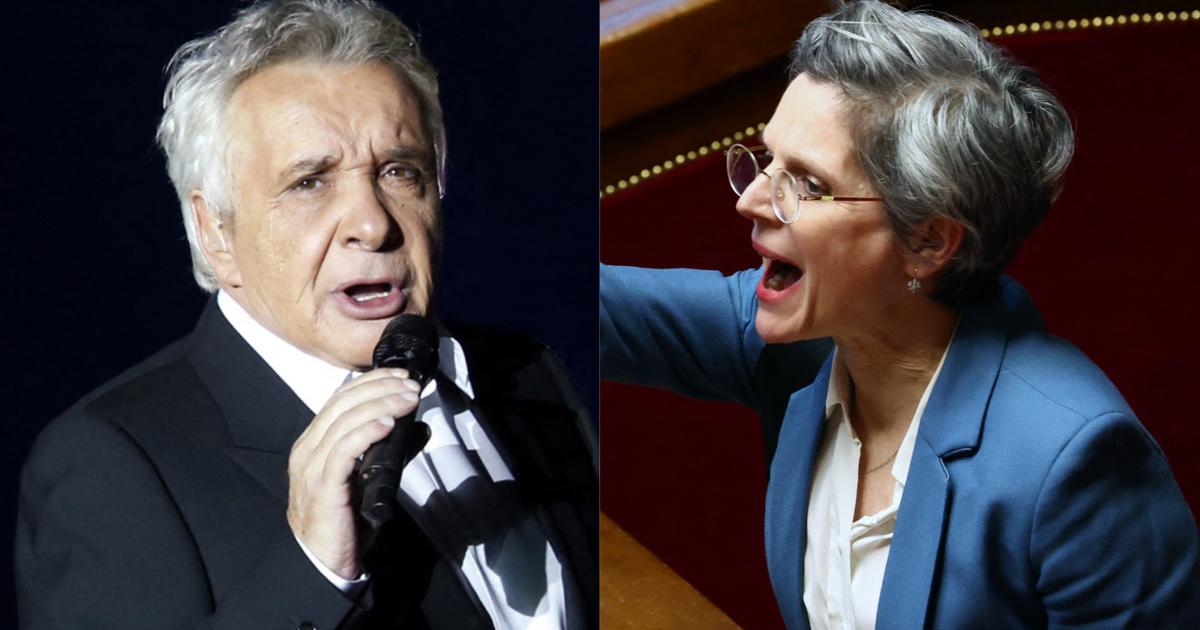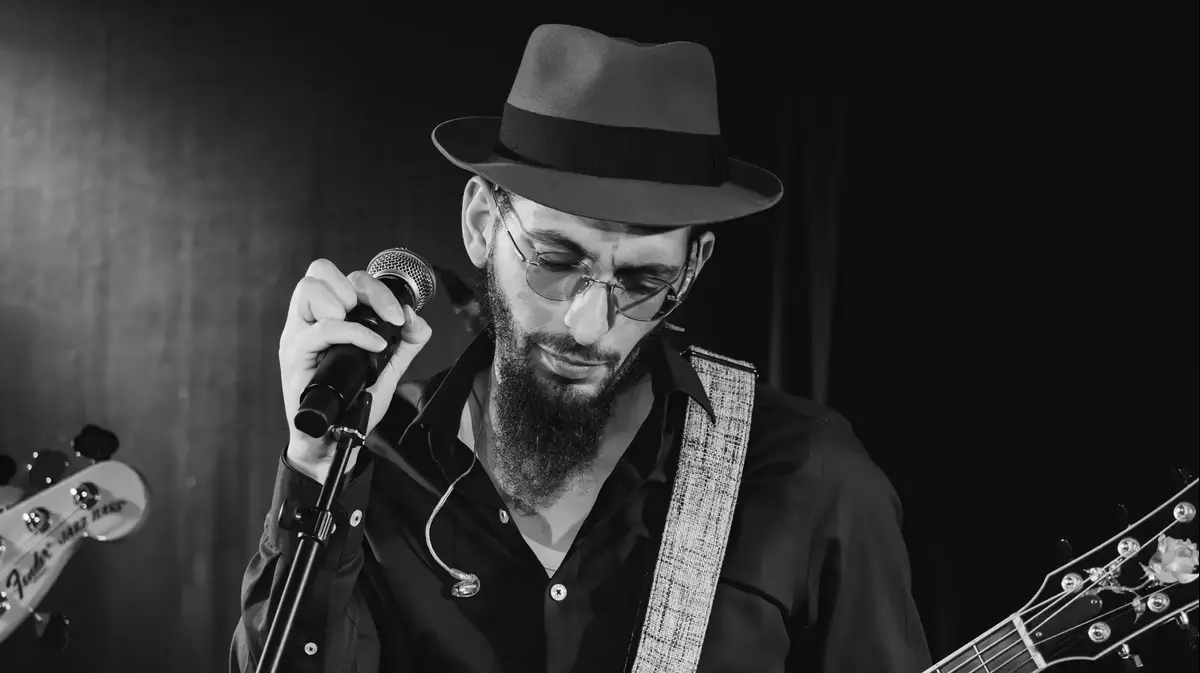For many music fans—especially the kind that used to be categorized under the rather broad definition of "alternative"—August 31, 2017 marked the end of an era.
In the annals of local radio and more importantly - in those of the Israeli indie scene, that evening at the end of August will be remembered as one in which the College of Administration's radio station "Voice of the Campus" went off the air for good after 22 years of activity.
A special broadcast day presented by the best broadcasters and a song by Charlie Magira (who also recorded the station's well-known jingle) sealed over 20 years in which the station served as a home for marginal culture consumers who were fed up with the mainstream and were looking for a challenge in less accessible places.
Since then, the station has been integrated into Eyal Kwame Friedman's "Edge" radio broadcasts, the radiophonic flag bearer of the remaining mainstream indie music, but in the absence of a budget, a physical structure or a continuous broadcast - even the broadcasters of the legendary station agree that it is not a question of recreating the heyday of the cultural institution, which used generations of Media people, alongside content people on different platforms.
Full disclosure - the writer of these lines also had the privilege of broadcasting on the station and considers it an important point in his professional path.
Leon Feldman and Vesey Heyman, photo: Yuval Aral
Those who still miss the days when you could turn on the radio on FM106 in the middle of the lunch hour and hear a song by Super Free Animals following (not really a hit) by Brian Jonestown Masker, will be able to console themselves with nostalgia mixed with alcohol this Thursday, when the station's broadcasters for generations will take the stand at the Hausenbar Club The Tel Aviv, for an evening that will include recordings, a performance and actually a class meeting - some would argue a rather exciting one, of the beloved station.
For those who remember the parties of "Campus Voice" (there were quite a few of them and Sheman went before them), this is an opportunity to wear a t-shirt of your favorite band again and try to recreate magical days that are no more.
Those who did not get to experience the period will most likely experience simply for a good reason - also no small thing in the current phase of Tel Aviv.
"There was an ideology"
"Although it's a cliché, there was an atmosphere of family there, a shared spirit," explains Leon Feldman, one of the founders of the station and one of the voices identified with it, what made "Voice of the Campus" so significant in the lives of its presenters and listeners.
"It's funny to say, but there was an ideology," he says.
"And beyond nostalgia, there is longing for this togetherness. I think the most beautiful form of this togetherness was expressed in our parties. We would bring parties into the night in clubs like the Block, the Barzilai, in all kinds of places.
Not just parties.
Leon Feldman, photo: Elad Shaver
"It wasn't just parties. There were events of the 'Voice of the Campus' with an ideology behind them. We did a fundraising day for the refugees in the Levinsky Garden, for example. And they got the van, the broadcasting vehicle, so we grew even more and felt that we were felt in the city. There was really respect for this station from many places and people.
"These were celebrations of music. Without cynicism, it was clean," says Hadar Zilberstein, who ran the station until it closed and had faith in the process of transferring it to the "HaKtsa" radio station.
"For me, there was an understanding that you have somewhere to aspire and that you learn new ways to express yourself through music. Whether it's at parties or on radio broadcasts. There was some kind of community there that allowed for professional and personal growth. We simply grew there and discovered ourselves and the world through these experiences. At our parties you could To also meet the listeners and just live it outside the radio."
"I imagine people still prefer to listen to playlists"
The media market has changed a lot in the last decade and so has the way music is consumed. Do you think that a body like the "campus voice" could have remained relevant even today?
Feldman:
"I think that in general people want radio less. Today you can continue to enjoy Spotify that chooses songs for you and you can listen to it for hours, but on the other hand it doesn't really work for me and I always have to help it tune and be precise. I think that if "She existed, that was her role today. It's true that I don't know the new generation completely, but I imagine that people still prefer to listen to playlists."
"More than something put in the background"
This brings us into the discussion of whether intermediaries and filters are necessary today, when all music is accessible to everyone.
Zilberstein:
"There is a situation where the need has changed. It is true, there are many people who simply listen to Spotify today, but I think that music for people is still more than something that is put in the background. People who are looking for a little more are actually looking for this thing that will give them meaning and context. A mediator that you can follow , whose persona is out there and is still a very essential part of what makes us connect.
Looking for meaning and context.
Zilberstein, photo: Nimrod Halbertal
"You can see it in a lot of things even today, for example in Spotify playlists. People follow people whose taste they trust. Someone who will pour you emotion and context into a playlist. Even if we don't really see it now, people will want to continue to connect based on the submission This. Whether it's a verbal presentation or a playlist edited according to a certain mood."
As mentioned, for its people and followers, "Voice of the Campus" was also much more than an educational project to train radio personnel.
During her time, she initiated projects such as "Asphalt Journey" which was a tribute to Sasha Argov's songs;
A label called "Harka" that gave a platform to local bands from the end of the first decade of the current century (a period that some consider to be the golden age of Israeli indie) and the "Halevi" project that celebrated the life and work of Eric Lavi.
She raised funds for the victims of the fire in the Carmel forests, created professional collaborations with various journalistic bodies, joined schools in other fields and also gave a platform to young reporters to write, recommend and sing about their favorite albums.
Those that the music and culture editors on the major current affairs sites have less encouraged dealing with, for reasons of service and maintaining a mainstream audience.
In its heyday, it was not a station that only covered or documented culture, but one that also corresponded, encouraged and promoted it.
"Voice of the Campus" people, photo: no credit
Perhaps the most important thing that the "campus voice" did was to blur, or at least help blur, the boundaries between the indie and the mainstream. Artists who are burning up Galgaletz radio today got initial exposure on 106. It used to be that the local stations simply wouldn't play a local piece in English, let's say.
Feldman:
"That's true. It's the openness that has become greater. I don't need to do any more Israeli indie shows because today there are another 100 doing them on small stations. There are 106 stations left, there are more continuity, there is an internet radio called 'This Rock' and they are doing great Work. Plus the people within the media who bring the spirit into their work."
Zilberstein:
"There are musicians who today are mainstream artists for everything and their definition is no longer relevant. There are a lot of artists that we have contributed to by establishing an audience and embarking on their journey. Let's say Kutiman, for example, every project, every piece of his work has been given a place and created a session around it. I think This is a real contribution."
"We thank him for the invitation and the house."
Feldman with Kwame, photo: Yuval Aral
The completion stage
Do you see some kind of constellation in which the "Voice of the Campus", many of its expatriates already have families and serious jobs, will it return, or will it make a stop in its spirit?
Zilberstein:
"I don't think so. One of the things that connected us was really this matter of passing it on from generation to generation."
Feldman:
"I'm not sure it's possible. I think we lovingly and consciously accepted being in the 'edge' and our attempts when the station was closed to find another home instead of the College of Administration were unsuccessful. We thank Kwami for the invitation and the home as well, but I don't think there is any desire to lift reset the station.
"As soon as there are no radio courses and there are no people who want a new generation of broadcasters - then basing a station only on veterans is not really right. Because all along there have been young people on the radio. That's why I also stayed there for so many years and felt like a student for 20 years, because every Over time, I met new students. And from the moment it's not there, and as you said - they all have families, it already becomes a kind of nice hobby, but there's no togetherness in it. There's also no new generation coming in. Sometimes it also gave you a mirror in front of yourself."
were we wrong
We will fix it!
If you found an error in the article, we would appreciate it if you shared it with us









